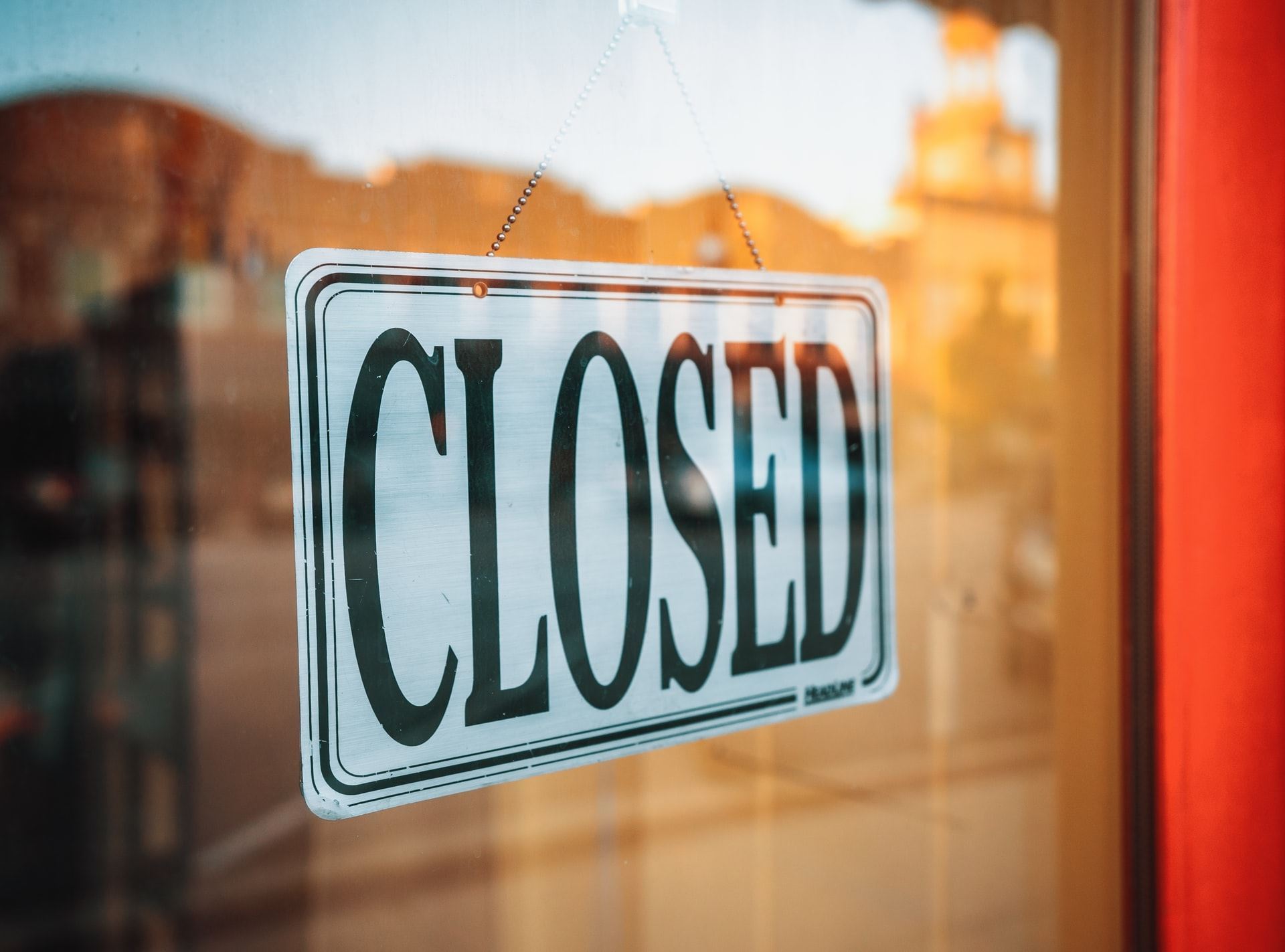
Much deserved attention has been paid to a large USDA-designated food desert in the Midtown section of St. Petersburg due to the closing of a Walmart more than 1300 days ago. But new food deserts have emerged in other areas of the city that leave leadership concerned.
St. Petersburg is only as good as our poorest and sickest residents.
A swath of northeast St. Petersburg between the avenues of 62nd and 79th north bordering 4th Street to the west and stretching into Tampa Bay to the east is the site of St. Petersburg’s latest USDSA-designated food desert.
.jpg) The closing of a Winn-Dixie at 7489 4th St. N. on February 10 of this year is the catalyst.
The closing of a Winn-Dixie at 7489 4th St. N. on February 10 of this year is the catalyst.
The USDA uses residents’ income and access to transportation to designate food deserts. With 13 mobile home parks in the 33702 ZIP code it is easy to see why this area emerged with the closing of one store.
Residents of Americana Cove, a mobile home park that lies within the new food desert, have been affected.
“It was common for people here to take pull carts to Winn Dixie and get groceries,” said Maggie Banta, an Americana Cove resident. “Some who live here don’t have cars and live on fixed incomes.”
The shuttered Winn-Dixie is close to the Gateway Market Center which has competitors Publix and Target. To get there, pedestrians must cross 4th Street North and travel to MLK Street North. That is an additional five blocks and the reason for the new food desert designation.
These stores fall outside the 1-mile radius the USDA uses to designate an area a food desert.
Due west of this new area is a long-existing food desert in Lealman. To the south are deserts in Midtown, Old Southeast and Pinellas Point.
The COVID-19 pandemic has shown many who live outside of food deserts the issue of health inequity. Interestingly, it has also helped explain the term “nutrition insecurity.”
Comparatively, the terms “food” and “nutrition” can be defined as quantity of calories for the former and quality of calories for the latter. “Food” insecurity needs can be met with highly processed, low fiber, low nutrient and shelf-stable calories. “Nutrition” insecurity is met with fresh food that meets the nutrient needs of the community.
Community nutrition security can be defined as the condition that exists when all of the members of a community have access, in close proximity, to adequate amounts of nutritious, culturally appropriate food at all times, from sources that are environmentally sound and just.
Grantmakers and funders city and county-wide agree that access to nutrient-dense foods is a necessity for healthy, productive communities. And with a looming pandemic, where mounting a strong immune response is essential, the need is greater than ever especially for the elderly.
This new food desert primarily affects that population.
St. Petersburg councilmember, Gina Driscoll, and the Foundation for a Healthy St. Petersburg have proposed a new city-wide food policy council. These two entities bring enormous resources to the problem. Its formation was approved by the city council in August and planning is underway.
In addition, the One Community Grocery Co-Op continues to grow its membership and build awareness for the problem of nutrition insecurity city-wide.
When the world re-opens, St. Petersburg will return to its booming and sparkling self with a busy downtown and a thriving arts and restaurant scene. All these things make my hometown shine.
But many in our community lack access to food, transportation and housing all of which, when available, enable a population to manage cardiac disease, diabetes and kidney failure.

Wendy Wesley is a licensed and registered clinical dietitian/nutritionist who works to improve the health of the community. She provides free public health education, individual nutrition counseling and advocacy for access to nutritious foods in her hometown of St. Petersburg.
Disclaimer: The views of the writers do not represent the views of the Florida Food Policy Council. We are a forum for the offering and sharing of information and encourage diversity and communication within the food system.